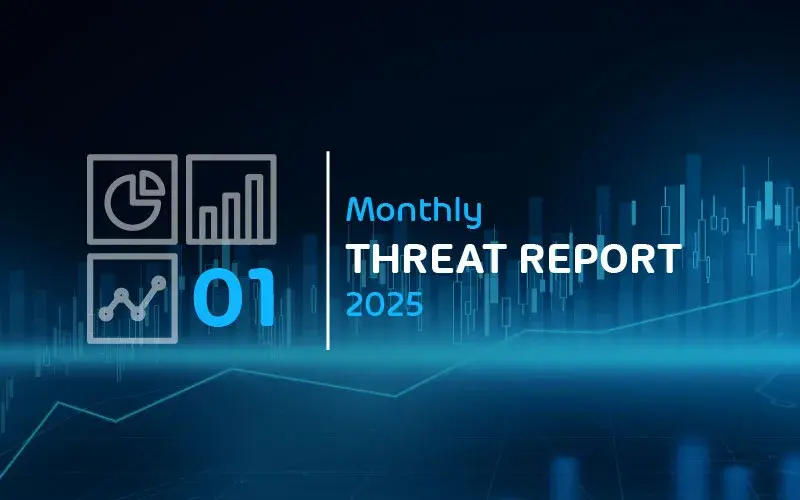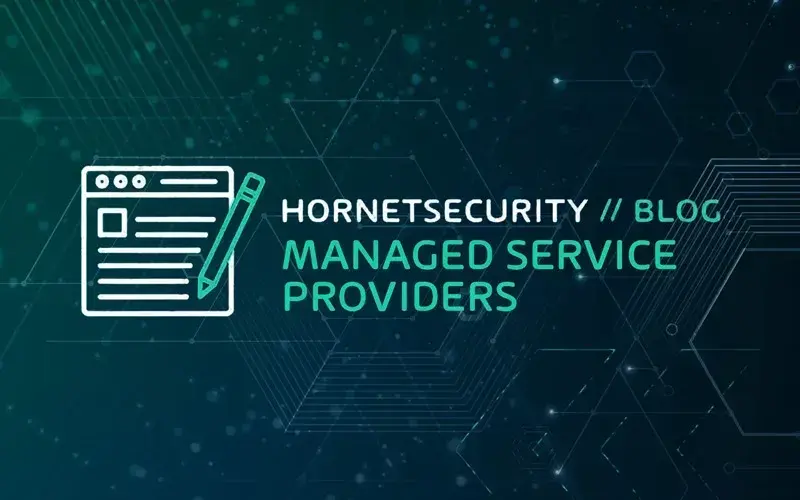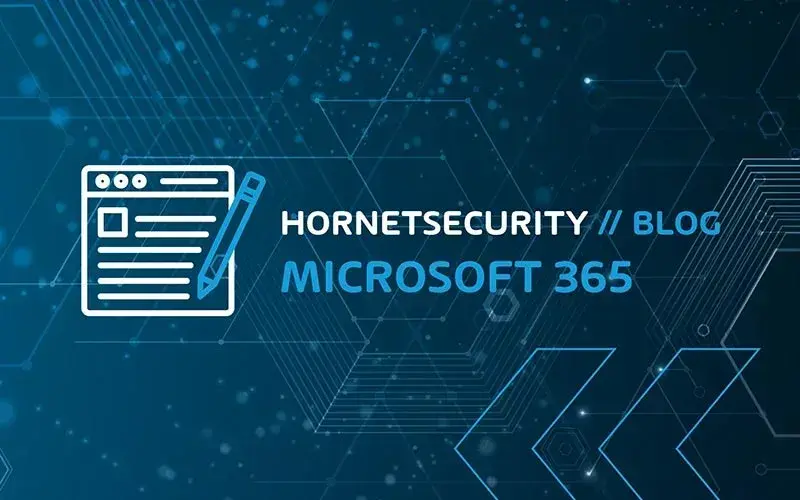Boosting MSP Margins with Email Security for Microsoft 365
Adrien Gendre
—June 29, 2023
—2 min read

This post has been updated since it originally appeared in December 2021.
Microsoft 365 now has 345 million users, a number that is certain to increase with the growth of hybrid and remote-first workplaces. With SMBs making up half the global workforce, Microsoft 365 has created a windfall for MSPs looking to sell add-on solutions to SMB users. Cybercriminals have taken notice.
Microsoft 365 is a top target for cyberattacks
Verizon’s 2023 Data Breach Investigations Report finds that SMBs are nearly 70 percent more likely to experience a data breach than large enterprises. Businesses using Microsoft 365 are seeing staggering numbers of phishing, spear phishing, and malware emails. This highlights the importance of email security for Microsoft 365.
Microsoft was the most impersonated corporate brand in phishing attacks in 2022, continuing its reign in the top spot since 2019. The productivity suite serves as the primary means of workplace collaboration and gives hackers multiple channels to exploit users—the top cause of data breaches. This presents MSPs with a challenge and an opportunity.
Related Content: The Channel Opportunity with Microsoft 365
Email security for Microsoft 365 presents a high-margin opportunity
Despite the cybersecurity challenges, MSPs have an opportunity to offer integrated, third-party email security for Microsoft 365 as an additional managed service. Not only does it provide an added layer of protection for both the SMB and MSP, but it also creates a new revenue stream on top of Microsoft 365.

Still, MSPs must take care when choosing email security for Microsoft 365. Protections vary between solutions, and choosing inadequate technology can leave MSPs and their clients at risk. That’s why MSPs need solutions that protect users over the lifespan of email—including threat detection, incident response, and user awareness training.
MSPs need solutions that catch the threats that Microsoft EOP and Defender miss, give MSPs the capability to respond to potential threats with speed and precision, and continuously improve security through a combination of human and machine intelligence. This last part depends on a combination of awareness training, user reporting of suspicious emails, and enhancements made to email filtering based on new intelligence.
Related Content: 4 Vade for M365 Features That Help MSPs Sell Email Security
Bazar Solutions, a Texas-based MSP, seized on the opportunity by adding Vade for M365—collaborative email security for Microsoft 365—to its portfolio. “I wasn’t really looking for another vendor,” Bazar said. “But when I saw the Vade presentation, I said, ‘This is what email security should be. What everybody else is doing is the way we’ve always done it.’ When we started having issues making our current vendor work with email encryption, that’s when we said, ‘Let’s use this as a test case for Vade.’”
Bazar noted that his previous email security vendor provided sufficient protection but didn’t have an answer for post-delivery threats. “Once the email is through,” Bazar said, “they can’t do anything about it.” Switching to Vade, Bazar said, provides peace of mind that protection is provided after attacks. “Everything about what Vade is doing is better because it’s better security, not a better spam filter. That’s the differentiator. Other vendors say, ‘email security’, but they’re really a spam filter.”
Additionally, because of its roll-out simplicity, Vade for M365 has freed up Bazar Solutions’ valuable IT resources who would otherwise be consumed with monitoring and maintenance.
“As an MSP,” Bazar said, “especially as the owner, the best thing about Vade is that I don’t have to think about it. It just works.”
Read the case study to learn more about the partnership between Vade and Bazar Solutions, Inc.




